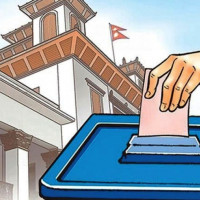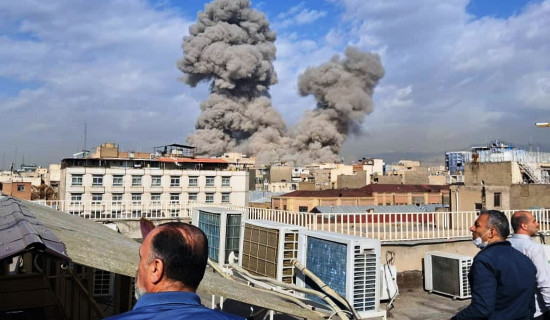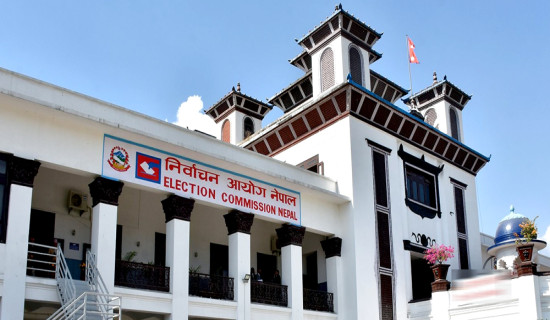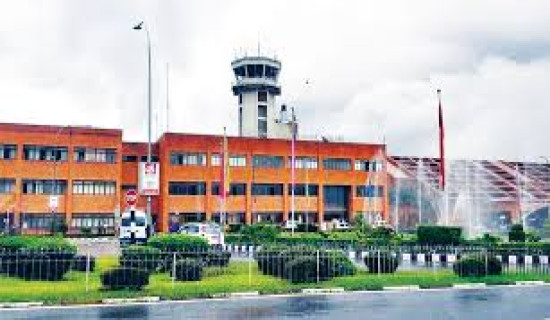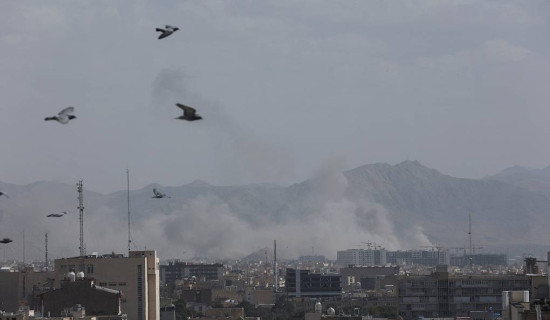- Sunday, 1 March 2026
'52% of abortions unsafe in country'
By Mahima Devkota, Kathmandu, May 21: Fifty-two per cent of abortions are done unsafely in Nepal despite abortion being legal and having health institutions providing service in 77 districts. Experts said broader societal values about autonomy, healthcare access, and women's rights are reasons behind it.
Addressing a program ' Freedom to Choose: Media, messaging and the Fight for Reproductive Rights', organized by Society For Health Advocacy (SFHA) on Wednesday, Chief at Family Welfare Division under the Department of Health Services (DoHS) Dr Bibek Kumar Lal said that as per the study conducted by the Family Welfare division and IPAS Nepal, Nepal records unsafe abortions to be 52 per cent despite being it legal in 2002, 23 years ago.
In a total of 333,343 pregnancies in the year 2021, half of the pregnancies, that is 52 per cent, 176,216, were aborted legally, while 42 per cent, 140,460, abortion was done outside of health institutions unsafely.
According to him, there is a significant practice of unsafe abortions because of the social determinants of the country. Cultural, religious and social practices of society discourage females from coming openly for abortions or asking openly to use contraception or even having access.
"53 per cent of a total of 862,199 pregnancies in the year 2022 in the country were unplanned, and two-thirds of them resulted in unsafe abortions. This shows that we fail in two major steps that in turn help to contribute to unsafe abortions", he said, "First, a lack of access for females to the basic contraceptive or having a female say on using or not using it. And, second is access to 72-hour emergency abortion pills. If we can ensure female accessibility and reduce the social stigma attached to it, then unsafe abortions can be reduced significantly."
Director General of the DoHS Dr Tanka Barakoti said that despite reproductive rights being at the forefront in Nepal, practising it is still a far cry for many females in the country. Many females are not aware of the services provided by the government, many are unaware of health consequences, and others lack a voice for it, which results in females being unable to exercise it.
He said that the media needs to paint a clear picture of the scenario and advocate for it.
Chief of the Legal Section of the Ministry of Health and Population (MoHP), Gopi Krishna Regmi, said that legally, there are many reproductive rights for women, but many are still unaware of the rights and how to exercise them.
He said that misinformation and stigma surrounding abortion continue to pose significant barriers. Comprehensive sex education and public health campaigns are vital in addressing these issues, ensuring that individuals are informed about their reproductive health options.




